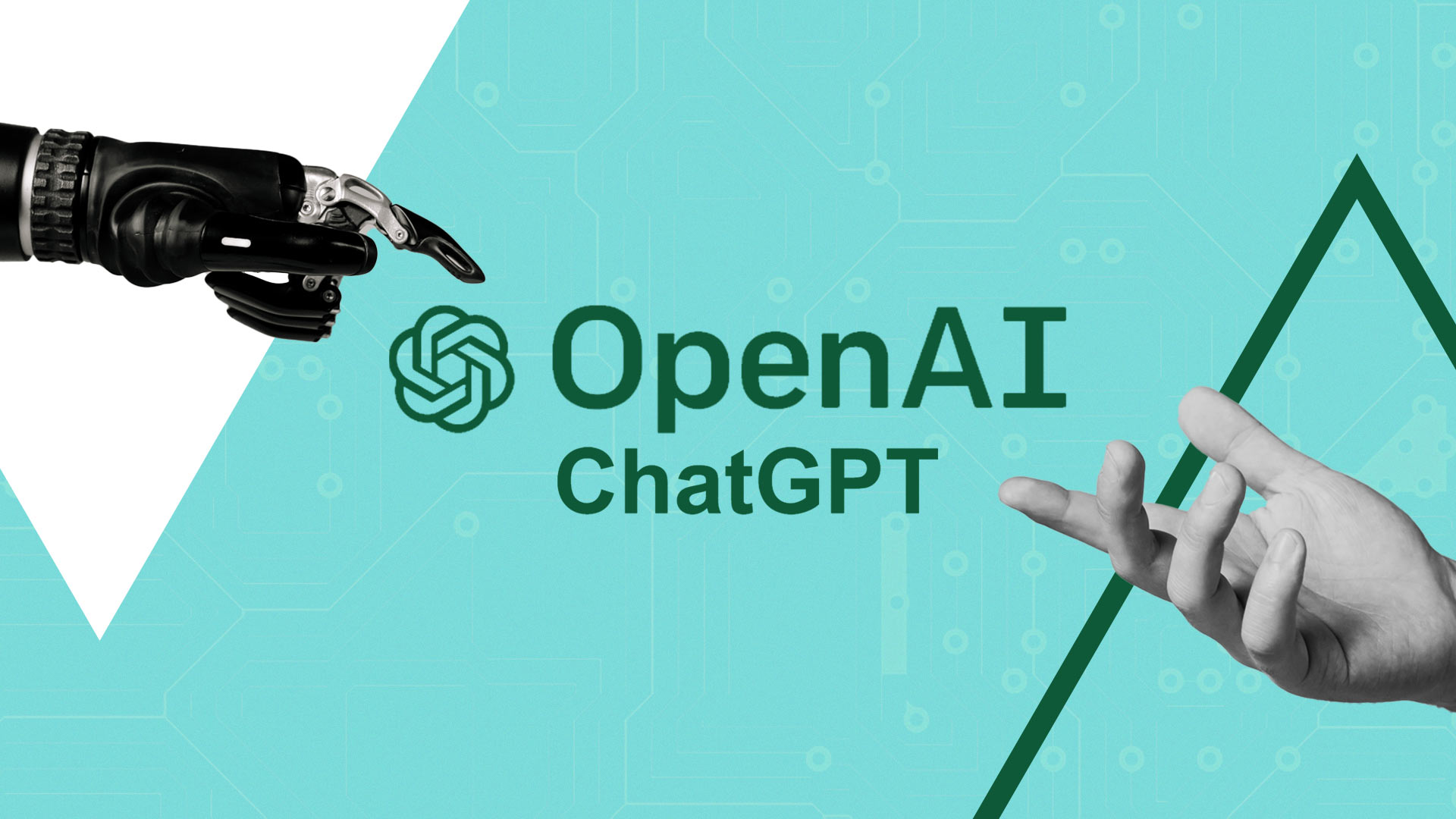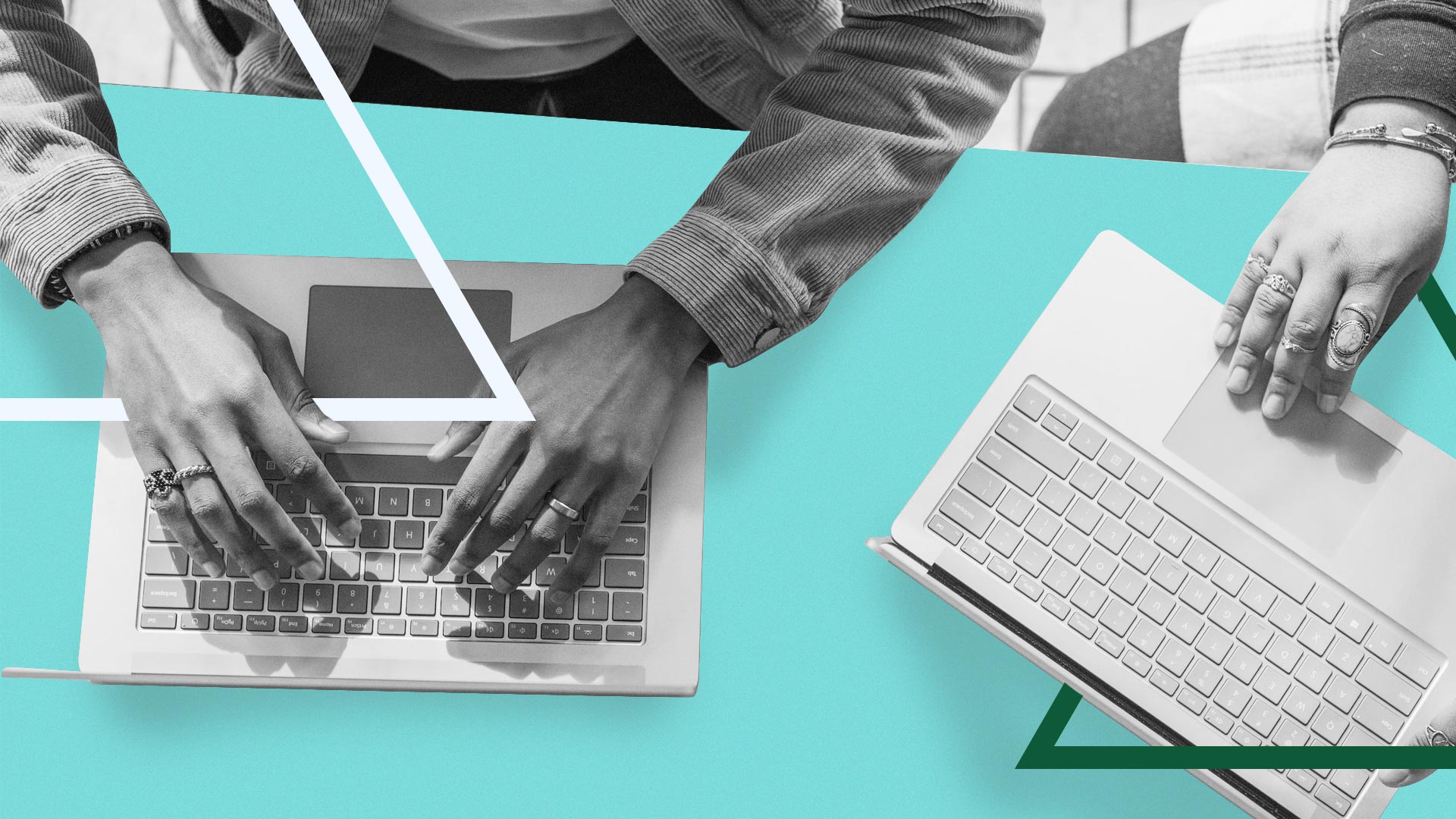ChatGPT is a Chatbot-based AI that has been making waves for the last few months. It offers a suite of tools that helps with tedious and mundane tasks, which could be used to speed up legal document drafting, editing and review.
ChatGPT is not specifically designed to help lawyers, but it seems to have the necessary capabilities to do so. How does ChatGPT work? Why is it so successful? In this blog post, we will take a closer look at ChatGPT and explore whether or not legal professionals should be using it.
What is ChatGPT?
ChatGPT's creators at OpenAI have long focused on AI research and are widely recognized as trailblazers in the field. Their previous offerings include DALL·E 2, a popular AI tool for generating art. The company expects to earn $1 billion by 2024.
ChatGPT is an AI-powered chatbot that uses natural language processing to help lawyers draft, edit and review legal documents. It can quickly read through a document and provide helpful insights such as typos, inconsistencies, errors and omissions. ChatGPT also helps with automating mundane tasks such as filling in boilerplate language or completing routine document review. ChatGPT can also be used to draft documents, such as contracts and pleadings, from scratch.
Why ChatGPT is so successful
ChatGPT has quickly become a popular tool due to its ease of use and its ability to complete tasks quickly and accurately. It has also captured the attention of many curious-minded individuals eager to test the AI's limits. This has generated a lot of buzz surrounding the GPT language models, leading many to wonder what their potential business applications might be.
ChatGPT excels in several areas. Its natural language processing capabilities allow it to participate in conversational exchanges better than ever before. The AI responds to prompts in a natural, conversational way. It can bring up facts, generate short and long form content (from blog articles through legal forms to poetry), and acts as a highly competent virtual assistant. The level of sophistication in its outputs, and its ability to read context and nuance, make conversing with ChatGPT feel somewhat like stepping into the future.
ChatGPT for lawyers
ChatGPT's suite of tools can make the process of creating or editing legal documents much faster. ChatGPT also eliminates human error by automating tedious tasks such as checking for typos and inconsistencies.
Additionally, ChatGPT can be trained to conduct legal research and allow professionals to make informed decisions based on that. ChatGPT's potential for legal professionals should not be underestimated.
Common tasks that can be made easier thanks to ChatGPT
Replying to emails and assisting with client communication is one of the most common use cases for ChatGPT. Drafting various forms of content, from business proposals to marketing copy, can be easily sped up with the AI's support. Additionally, thanks to its conversational interface, ChatGPT is a fantastic research partner as well as a bouncing board for ideas, useful when problem solving or coming up with business strategies.
Legal tasks that could be made easier thanks to ChatGPT
- Generating legal contract templates based on specifications.
- Finding and reviewing case law relevant to certain legal issues.
- Proofreading and grammar correction in legal documents.
- Filling out boilerplate language, thus saving time that would otherwise be spent on mundane tasks.
- Creating legal briefs, pleadings and other legal documents from scratch.
- Performing legal research, allowing lawyers to quickly answer questions.
- Drafting complex documents such as wills or trusts.
Improved quality of service
With an AI assistant like ChatGPT, legal professionals can optimize their everyday workflows and offer improved service to their clients. Time saved on writing emails can be invested in higher value tasks or offered to new clients. The business potential of legal AI is immense.
Can ChatGPT be used by legal professionals?
ChatGPT’s success raises the question of whether or not members of the legal profession should be using it. Or, if not this specific AI and language model, are there similar tools that meet their needs?
ChatGPT can certainly help lawyers and non-lawyers alike with their legal document drafting, editing and review needs. However, there are certain risks associated with ChatGPT that need to be considered before implementing it into a law firm’s workflow. This includes potential ethical and legal implications, risks of relying too heavily on ChatGPT’s insights, as well as the risk of data breaches or other security issues.
Ethical and legal concerts
The ethical side of the issue should not be overlooked. ChatGPT may be able to provide helpful insights, but it is still a machine and cannot replace the legal expertise or judgment of a qualified lawyer. It is possible to rely too heavily on the help of an AI.
ChatGPT has not been trained with legal services in mind, and as such is not unlikely to make mistakes. A lawyer lulled into a false sense of security after 99% correctly answered queries may forget to double check ChatGPT's output, and when that one in a hundred mistake occurs, its consequences will be the legal professional's responsibility. In other words, ChatGPT could be used in a way that violates professional standards and legal codes.
In addition, discussion about whether or not AI generated art constitutes copyright infringement is still under way. Some believe that the output provided by ChatGPT falls under the definition of plagiarism, due to the nature of the training data used for the model. It is difficult to predict what legal questions may arise as the popularity of these cutting-edge technologies grows and AI tools are applied in new areas. A potential for the unauthorized practice of law is one such question.
Technical limitations
It is important to understand that ChatGPT is still a developing technology and can make mistakes or produce undesirable results if used incorrectly. Crucially, ChatGPT was build on training data that is now a couple of years old. The AI no longer learns new information, which means that it is not necessarily up to date with new regulations.
Security
Finally, ChatGPT is a cloud-based system, meaning that the data is stored on remote servers and thus vulnerable to potential breaches. ChatGPT has so far proven itself to be safe and secure, but there can never be a guarantee when it comes to cybersecurity.
AnyLawyer: a safer, more reliable alternative for legal professionals and law firms
ChatGPT should be used with caution, and only after fully understanding how it works and the potential risks associated with its use. Though many experts in the legal industry call it a game changer, it is important to remember that OpenAI is not the only company creating AI tools.
Legal technology companies such as AnyLawyer are also making great strides in the legal AI field, and offer a more reliable alternative for legal professionals.
AnyLawyer uses natural language processing to generate legally accurate documents with personalized templates and clauses, saving time and money while ensuring high quality output. It is constantly learning from its users’ interactions with the platform, allowing it to stay up-to-date with new regulations and laws. AnyLawyer also takes security seriously, and has put in place measures to protect customer data from unauthorized access.
Though it currently uses the GPT-3.5 model, the full release of AnyLawyer will include its own large language model tailored to meeting the needs of legal professionals.
Will robot lawyers replace human ones?
Neither ChatGPT nor AnyLawyer can replace the expertise and judgment of experienced legal professionals. An AI is no substitute for a human lawyer and should not be used to make decisions that require legal expertise.
Instead, AI chatbot assistants can help lawyers make more informed decisions. The technology's ability to automate mundane tasks, such as proofreading and fact-checking, will undoubtedly make legal practice more efficient, but artificial intelligence is an amplifier for lawyers, not their replacement. There is no reason for lawyers to worry about job security. Rather, they can look forward to a better experience at work, faster professional development, and more interesting tasks.
Is an AI revolution in the legal industry inevitable?
ChatGPT is quickly becoming a popular tool for legal document drafting, editing and review. It offers a suite of powerful tools to help lawyers automate routine tasks and quickly prepare documents.
ChatGPT can certainly be a helpful tool for any law firm. However, it is important to consider the potential risks associated with ChatGPT before implementing it into a law firm’s workflow. Careful consideration should be given to ethical and legal implications, as well as data security concerns.
ChatGPT can be a useful tool for legal professionals. At the same time, companies such as AnyLawyer are making great strides in developing reliable legal AI solutions that lawyers can trust. With these advances, it appears that an AI revolution in the legal industry is not only inevitable, but already underway.




